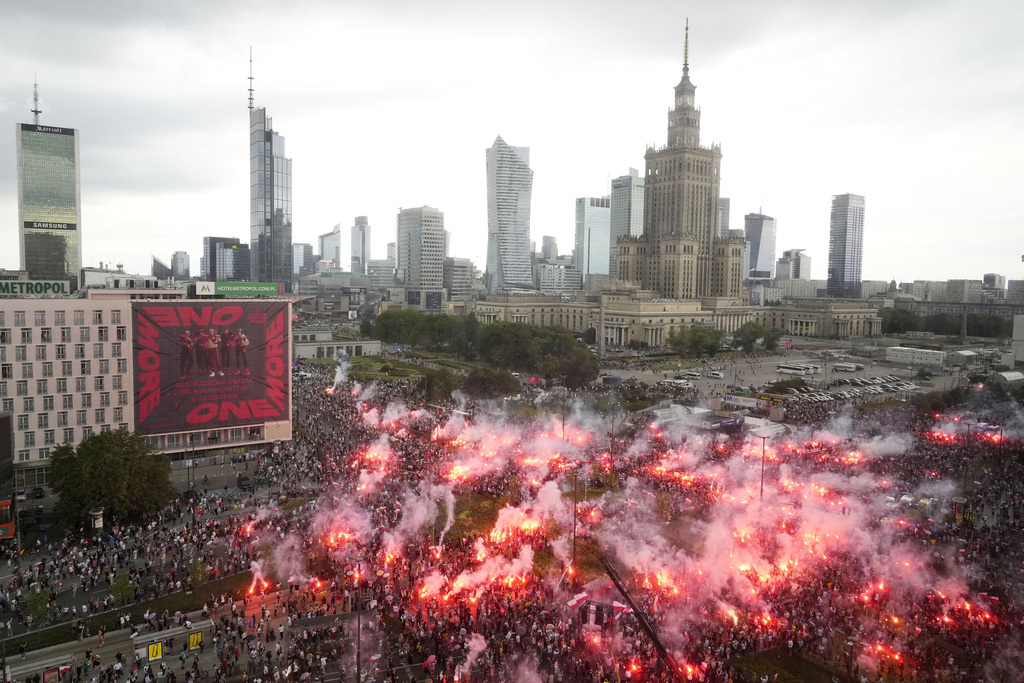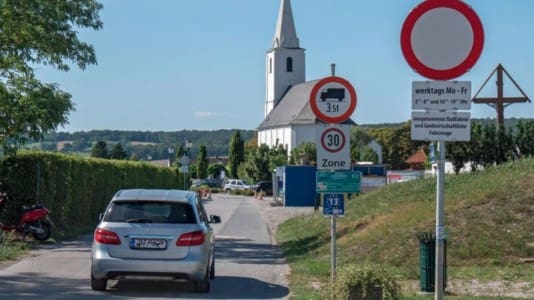The 1944 Warsaw Uprising saw Poland fight for its life and against evil that tried to turn human values upside down, Poland’s Prime Minister Mateusz Morawiecki said as he spoke at the Warsaw’s 1944 Uprising Museum.
He added that even today we still do not know about all the consequences of the uprising as “it is still alive in Poles and able to throw a new light on both past and future events.”
Morawiecki said that the 1944 insurgents wanted not only a free and sovereign Poland but also one that is strong and indestructible, but more than anything else, their aim was a Poland united as a nation.
“They fought not only for Polish identity, they also fought for good against evil. They laid down their lives for universal values,” Morawiecki said.
The Polish prime minister argued that the uprising had its beginning but did not really end with the technical surrender by the Home Army (AK) two months later. “In history, it lives on as a key part of Polish identity,” he said.
The Warsaw Uprising began on Aug. 1, 1944. It was fought against German forces and lasted for over two months. It began as the Red Army was reaching the outskirts of Warsaw, but the Soviets did not help, as they were hostile to the Polish Home Army (AK) who led it. The anniversary of its beginning is commemorated every year in Warsaw and many others Polish cities, with events and one minute silences following sirens at 5 p.m.
Historians have argued whether the decision taken by the underground to give the go ahead for the uprising was correct or an act of folly that led to the destruction of the city and the deaths of thousands of Poles.
However, the fact is that there was enormous grassroots pressure to launch it against the hated occupiers and a desire for Poles to free themselves rather than wait for the Soviets to do it. The suspicion that the Soviets had not come as liberators but rather new occupiers turned out to be well founded.






